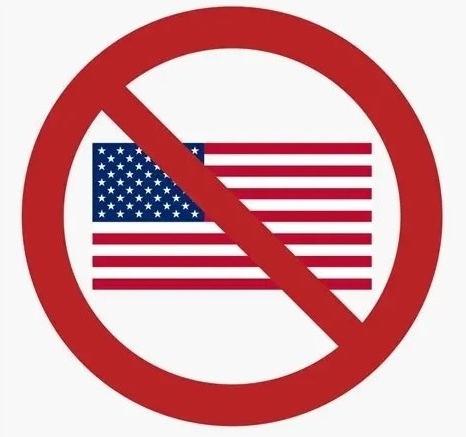Central to this problem is the de minimis exemption, which allows packages valued at no more than $800 to enter the country without being subject to tariffs. According to the White House, about four million packages that qualify for the policy enter the United States every single day, amounting to more than 1.35 billion per year. Trump has rolled back that policy considerably, setting the new bar at a value of under $100 to enter the country duty-free. Everything else will be subject to the tariffs that apply to the country from where the package is being shipped.
That new policy is set to go into effect on August 29, and the rest of the world is throwing up its hands about it. Per Bloomberg, there are still questions as to how the tariffs will be collected and how countries are even supposed to submit the relevant information to US authorities. Instead of dealing with all that, some countries are opting to simply not ship to America for the time being.
Bloomberg reported that Korea’s postal service, Korea Post, will stop sending packages to the US starting Tuesday. Singapore’s SingPost and Austria’s postal provider will do the same, just a day earlier. Norway and Finland are getting an even bigger head start, announcing that they will stop sending packages to America starting on Saturday, and Belgium is halting shipments as of Friday. Deutsche Post in Germany and the Czech Republic’s postal service have already stopped shipping packages state-side due to the confusion. Other countries, including Australia and the United Kingdom, announced temporary suspensions until they get things sorted.
Meanwhile, it’ll be low-income Americans hit the hardest by this new policy, per the National Bureau of Economic Research, which found that eliminating the de minimis exemption would increase average tariffs faced by the poorest ZIP codes in the country to about 12%, nearly double the impact on richer ZIP codes. In total, the researchers warn that ditching di minimis will reduce consumer welfare by between $11 billion and $13 billion per year. But hey, that’s a small price to pay for pissing off the whole world to little actual gain.


Here in Finland the news is that no packages can be sent because Posti can’t find a logistics path for shipment the, and there’s no air path at all.
Yeah tarrifs are paid by importer, not sender so I don’t see why post is stopped…only if its internal company post who doesn’t want to pay tarrif on posted goods?
There’s no information given on how to collect and send the money, so it can’t be implemented by the system according to what I read.
This is what I’ve seen as well. Suddenly the post needs to process the tarrifs according to rules that are not clear.
For that they need personnel, they need to train them, they need to collect information about what is in the package and the value of it … All of that takes time and money, it will increase the cost of the packages, by how much, for much extra do they need to charge the customer ?
All of that for something that might be overruled in a month, it’s not worth the hassle
That’s on the importer though. If I send something to a person via normal mail they receive it via their mail carrier after customs clearing. Its up to the importer or customs to assign tarrif and collect payment, same as it was before trump. They maybe don’t want to deal with returns if the receiver or customs refuses to deal with it.
For example way before trump Canada /UShasd free trade that encompassed a lot of items, but a few times we had bought something that was not duty excempt, the mail carrier, whether that was Canada post or FedEx held the package until I paid the extra fees to them. It in no way involved the shipping person.
Who do you think the angry sender is going to call when the package gets stuck in US customs?
They is why they are stopping. Because they can’t guarantee that their customers will actually have their packages delivered, which is their responsibility, as national mail services.
Literally not everything is about the US.
Once it hits the import its no longer the senders mail, it becomes USPS or in my case Canada Post, and has nothing to do with the senders mail carrier, as they did their part. Although yes, people don’t realize that and will be angry at sender